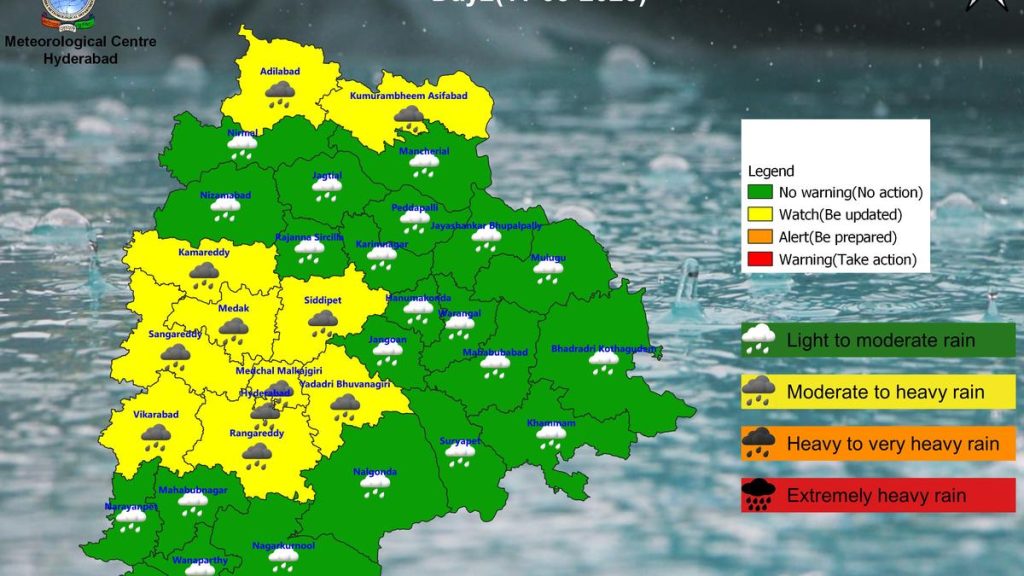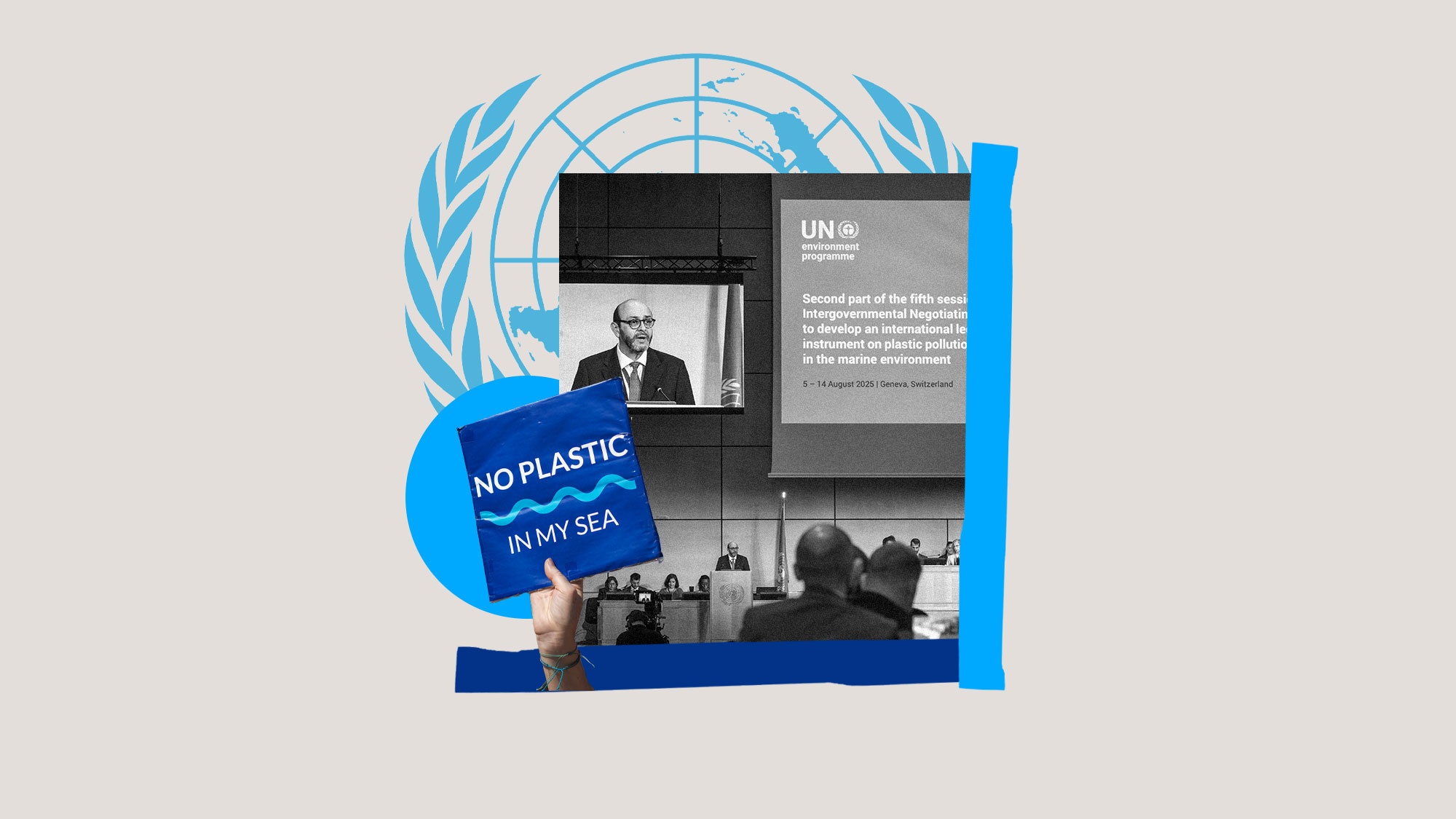Now Reading: Global Plastics Crisis: Key Insights in 6 Charts
-
01
Global Plastics Crisis: Key Insights in 6 Charts
Global Plastics Crisis: Key Insights in 6 Charts

Quick Summary:
- Plastic Production Growth: plastic production has exponentially increased from 2 million metric tons in 1950 to 460 million metric tons annually by 2019. OECD forecasts global production could reach 1.2 billion metric tons per year by 2060 if restrictions aren’t imposed.
- Low recycling Rates: only 9% of plastic worldwide gets recycled, adn less than 1% undergoes multiple cycles of recycling; most is dumped into landfills (49%), burned (19%), or mismanaged (22%).
- Environmental Leakage: An estimated 22 million metric tons of plastic waste escaped into natural environments in 2019, potentially doubling to over 44 million by mid-century without better policies.
- Hazardous Chemicals in plastics: Of the known chemicals used in plastics, over a quarter have hazardous properties like carcinogenicity or bioaccumulation risks. Most chemicals are not subject to international regulations.
- Plastics and Climate Change: The plastics industry accounts for roughly 5% of global greenhouse gas emissions – nearly matching India’s total annual emissions in some data comparisons.
- Policy Effectiveness on Pollution Reduction: A production cap at current levels combined with recycling and waste management funding could prevent approximately 78 million metric tons of annual pollution by mid-century.
Indian Opinion Analysis:
The statistics underline an escalating challenge from the global plastic crisis that impacts human health, ecosystems, and climate change directly.India’s comparison with the plastics industry’s carbon footprint highlights the urgency for nations like India-facing it’s own environmental struggles-to engage actively within frameworks such as the global treaty discussions and adopt stronger policies domestically.Given this scale of pollution growth alongside limited recycling solutions globally, there is a clear case for prioritizing stricter caps on production rather than relying solely on post-production measures like waste management infrastructure.This insight also carries relevance for india’s burgeoning petrochemical industries as well as consumers facing increasing exposure through packaging-heavy practices. By leveraging these insights from scientific research during negotiations at Geneva or other treaty-related events where India holds stakes nationally-leaders & civic bodies must seek science-based strategies swiftly evident quantifiable /data long term system approach locally-led Practical..


























